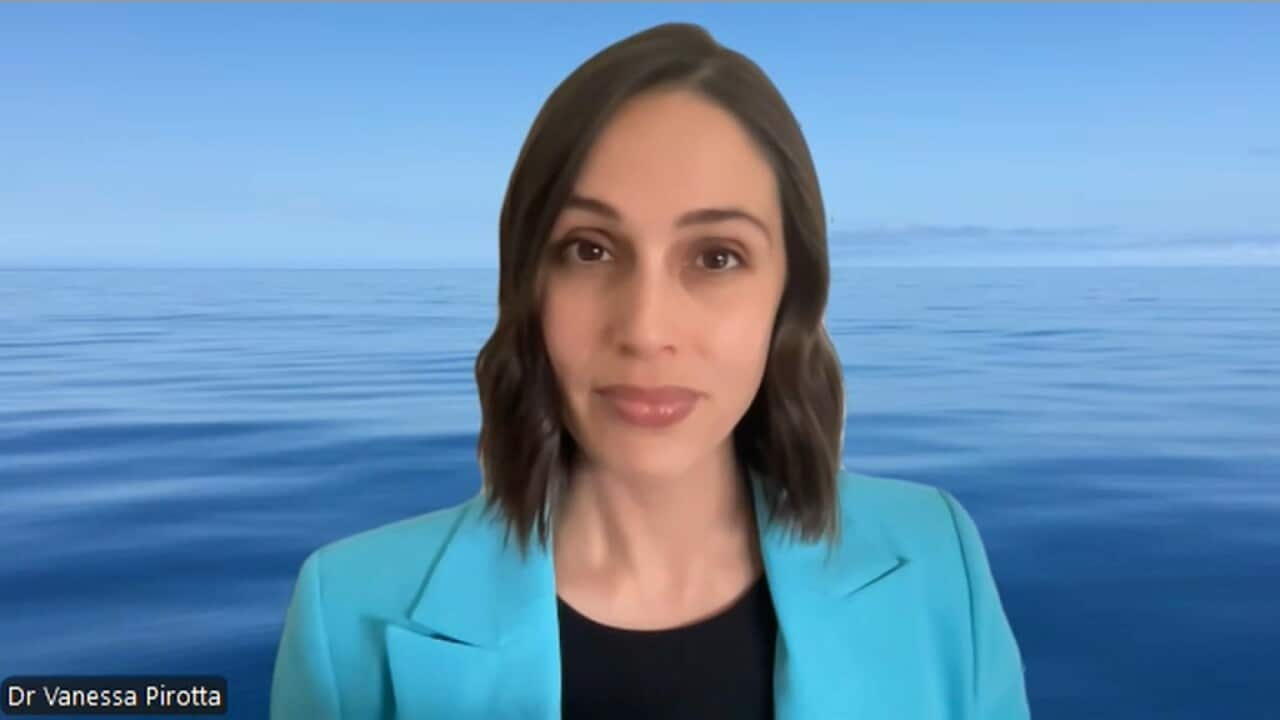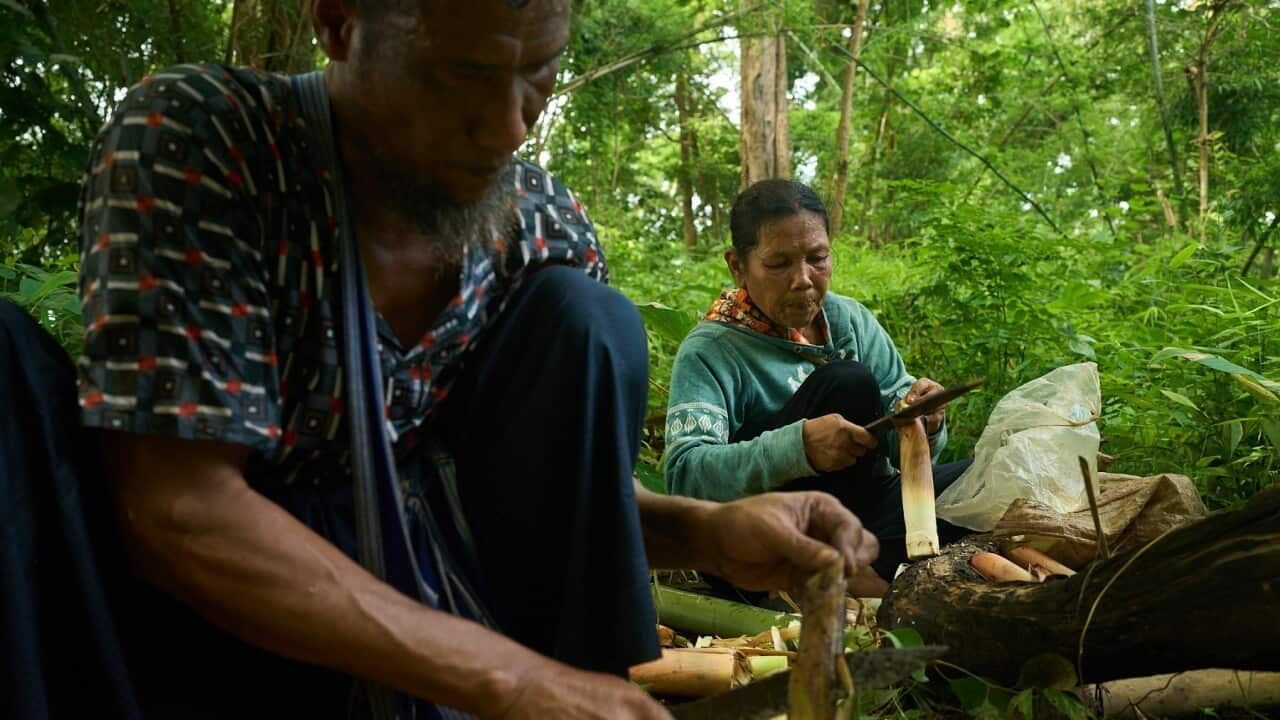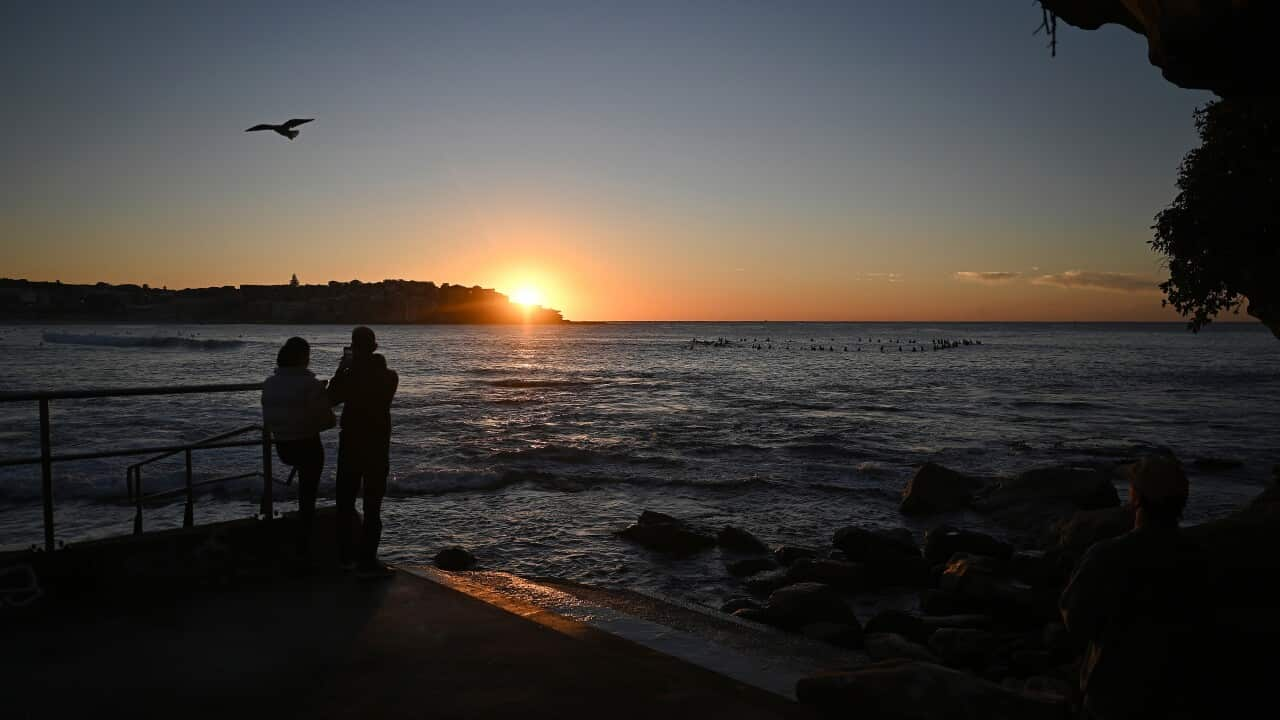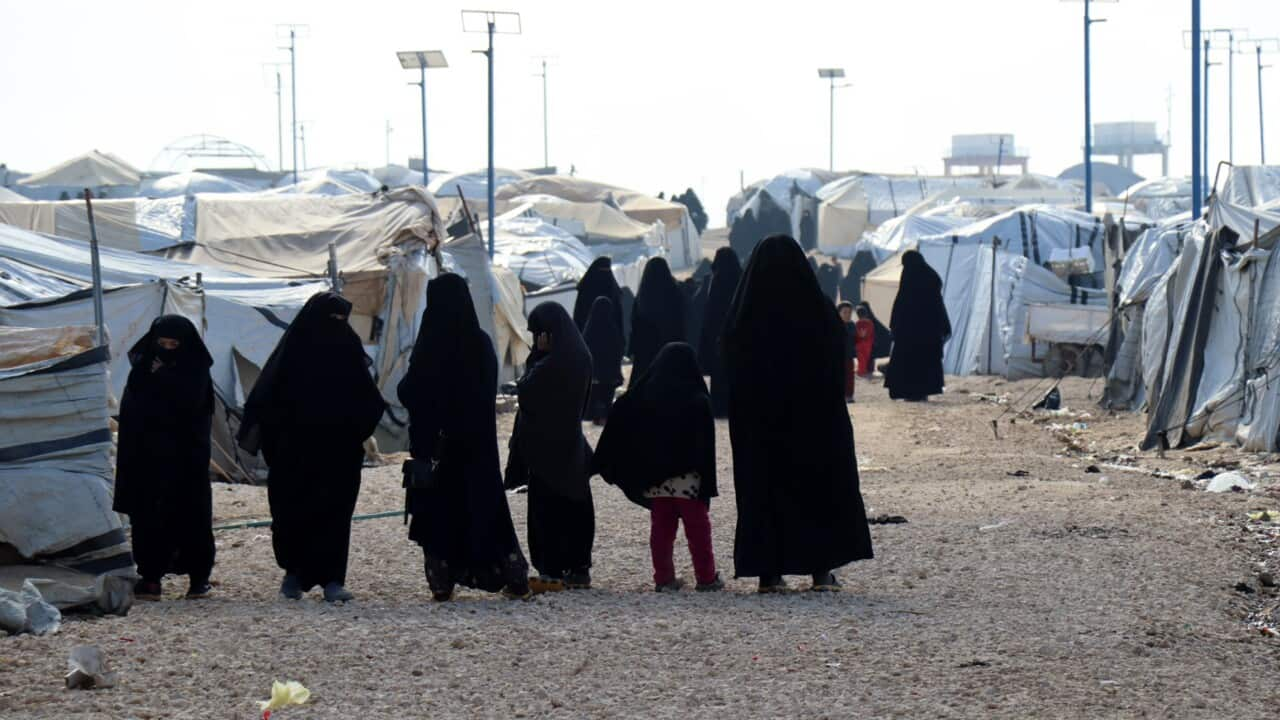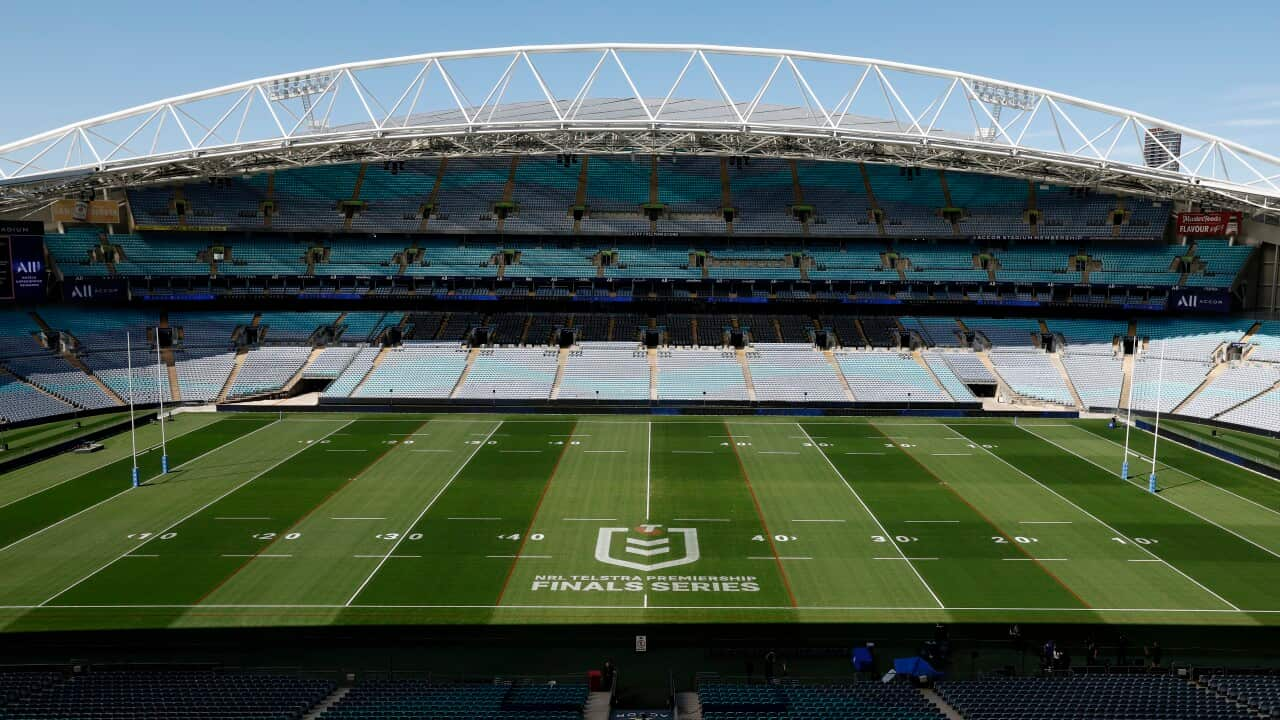TRANSCRIPT
Researchers are trying to rethink the way we dispose of whale carcasses at sea in a more environmentally sustainable way.
New findings have uncovered a method which could determine the best location and time to tow the whale bodies out to sea.
Beached whales and carcasses floating close to shore can create logistical challenges for authorities.
It's something scientist Dr Vanessa Pirotta says needs to be addressed.
"Often the general public don't think about what to do with whales once they pass. In reality, a whale stranding or beaching is a logistical challenge post the actual event. So trying to deal with the body there's a variety of different methods that can be used and towing out to sea is one and on land away from the beach is another thing."
But there's a push to improve the way we return the carcasses to deeper waters after a string of whale strandings on the East Australian Coastline.
Dr Pirotta says it's important because they can play an important role long after they die.
"Whales serve a huge ecosystem role by providing large amounts of nutrients at higher levels and then lower troughic levels or lower levels in the environment where creatures might not have access to huge amounts of nutrients. You can only imagine when an animal the size of a bus dies, they may float for a period of time, then fall to the bottom of the ocean which is known as a whale fall, feeding creatures down at those lower levels."
A team of researchers at Queensland's Griffith University are developing a method to accurately predict where a whale carcass will end up and make towing a more feasible option.
Researchers have been given the perfect opportunity to put their theory to the test by intercepting and tagging a humpback whale carcass off Queensland waters.
They observed the role of winds and currents in how the remains moved over 150 kilometres of ocean.
Researchers like Dr Olaf Meynecke say they have discovered wind played a big role in setting the course for the whale carcass.
"It was interesting to see that one might initially think oh you put it into a current that goes south and then it will drift south but this not what happened. Trying to understand where the main wind direction will be over a number of days is quite important to determine where the best location is."
Dr Meynecke says while the team was tracking the tagged carcass, they re-purposed technology used to track missing vessels using things like currents and tides to accurately predict the path the whale's body would take.
"Even with that software package it's now possible to make some prediction whether it will go to shore or offshore. One of the good results of this study was to also show in the first couple of days it's the wind that will be the main driver so if you know the main wind direction for the first 3-4 days of release then it will give a good idea on if it comes closer to shore or is pushed offshore."
Researchers say they're hopeful they'll be able to help authorities predict the best release location at sea and reduce the risk of the remains washing ashore.
"But I guess it's a good start and good to see a software designed for something completely different can be used for this and if it's readily available to all then its also a lot easier for authorities to say look here is this tool can you do this simulation please let us know is it feasible to tow this whale offshore and where should we do it?"
Research into whale carcass movements and ocean conditions will continue in order to improve the accuracy of the technology.
